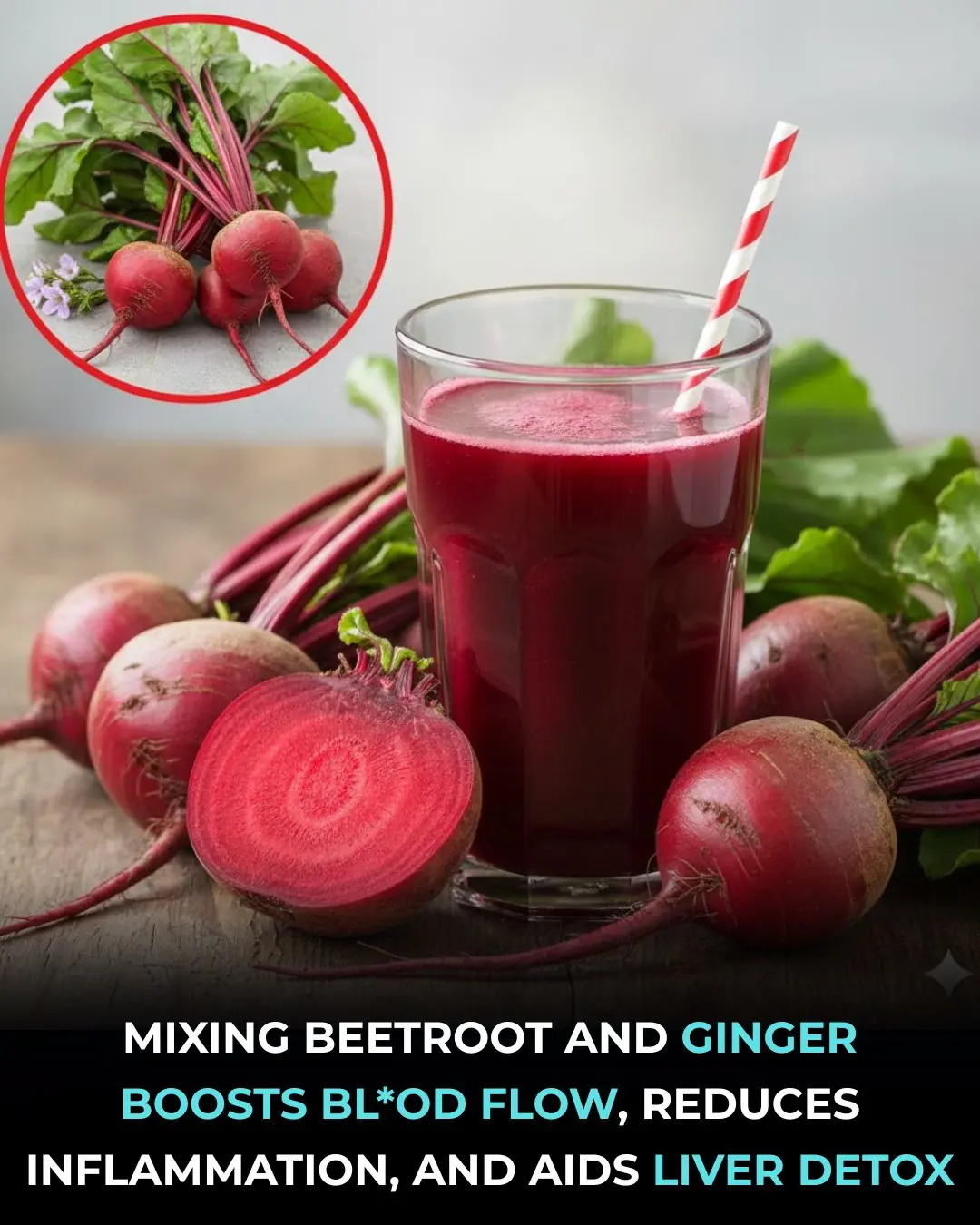
The Plant That Kills Cancer Cells, Stops Diabetes And Boosts Your Immune System!
When most people think of melons, they picture long summer afternoons, beach days, and the refreshing sweetness of cantaloupe or honeydew. But in many Asian and Caribbean cultures, another type of melon often comes to mind: bitter melon.
This unusual fruit, with its bumpy skin and distinctly sharp flavor, may not look appealing at first glance, but it has a long history of traditional use and remains one of the most nutrient-dense vegetables available. Updated research in recent years continues to highlight why bitter melon has earned such global respect.
Traditional Uses

For generations, bitter melon has been used in traditional medicine systems—particularly Ayurveda, Traditional Chinese Medicine, and various folk practices—to support digestive, metabolic, and immune health.
Historically, it has been used to help with:
-
Upset stomach
-
Digestive discomfort
-
Ulcers
-
Colitis
-
Constipation
-
Intestinal worms
Many cultures have also used bitter melon preparations for issues like fever, menstrual discomfort, kidney stones, and certain skin conditions. Some herbal traditions even use it as a supportive remedy for liver health and immune balance.
While these uses come from centuries of tradition, modern research continues to explore the fruit’s potential benefits.
Bitter Melon and Blood Sugar Support
One of the most studied aspects of bitter melon is its potential role in maintaining healthy blood sugar levels.
Research suggests that bitter melon contains compounds that behave in ways similar to insulin. These compounds may help:
-
Support the transport of glucose into cells
-
Improve how the body uses sugar for energy
-
Promote glucose tolerance
-
Enhance insulin signaling
Some early studies also show that incorporating bitter melon into a balanced diet may support healthy weight management, partly because of its effects on glucose metabolism and its naturally low calorie content.
While promising, bitter melon should not replace prescribed diabetes treatments, and people using blood sugar–lowering medication should always consult a health professional before using it regularly.
Research Interest in Cancer Support
Bitter melon has also attracted scientific interest for its potential effects on cellular health. Laboratory studies—not treatments for humans—have observed that certain bitter melon extracts may influence cancer cell metabolism or growth patterns.
For example, some cell and animal studies suggest:
-
Bitter melon may interfere with how certain cancer cells use glucose.
-
Extracts may trigger apoptosis (a natural process of programmed cell death).
-
Compounds in the fruit may help limit abnormal cell proliferation in experimental settings.
These findings are considered preliminary. They do not mean that bitter melon cures or treats cancer in humans. Current research is exploratory and cannot be applied as medical treatment. However, these early results explain why scientists continue to study the fruit’s bioactive compounds.
Researchers such as Dr. Ratna Ray of Saint Louis University have expressed interest in conducting larger, more detailed studies in the future to understand bitter melon’s potential role in science and medicine.
How to Use Bitter Melon Safely
Even though bitter melon is a natural food, it is quite potent.
Recommended Use
-
Healthy adults should limit intake to about 1–2 ounces (30–60 ml) of juice per day, unless advised otherwise.
-
Larger amounts may cause digestive discomfort, abdominal cramping, or diarrhea.
Who Should Avoid It
-
Children under 18
-
Pregnant or breastfeeding individuals
-
Anyone taking insulin or diabetes medication
-
People with low blood sugar
These groups should avoid bitter melon or use it only under medical supervision.
Simple Bitter Melon Juice Recipe
Ingredients
-
1 bitter melon*
-
3 apples
-
2 celery stalks
-
1 cucumber
-
1 lemon
-
A pinch of salt and a little honey (optional)
*Bitter melon can be found in Asian markets, Indian groceries, or international health food stores.
Instructions
-
Wash all the produce thoroughly.
-
Slice the bitter melon lengthwise and remove the seeds and pith.
-
Core the apples.
-
Chop all ingredients—no need to remove the skins.
-
Add a small amount of salt or honey if desired to soften the bitterness.
-
Juice everything together and enjoy fresh.
The combination of apples and lemon helps balance the sharp flavor, creating a refreshing and nutrient-packed drink.
News in the same category


Why Boiled Eggs Deserve a Spot on Your Breakfast Table

What Happens to Your Body When You Eat Canned Tuna Every Day

2-Minute Painless Hair Removal: Natural At-Home Solution

Grounding with Trees: How Barefoot Earthing and Tree Energy Restore Your Natural Balance

10 signs you’re eating too much sugar

A Natural Drink That Helps Ease Knee Pain in Just 14 Days

Drink this daily to support cleaner arteries

If your eyes look like this, your liver’s in trouble

Stop Wasting Money on Pills — Try Chayote Instead! (Natural Remedy Guide)

Beetroot and Ginger: A Powerful Natural Duo for Whole-Body Wellness

Blueberries and Brain Power: Can This Small Fruit Really Boost Memory?

Top 5 drinks to INSTANTLY improve leg circulation and blood flow

8 Early Warning Signs Of Ovarian Cancer You Shouldn’t Ignore

New research links common blood pressure drug to increased bleeding risk

1 carb proven to prevent colon cancer, clear arteries & eliminate inflammation

How & Why You Need to Freeze Lemons (Detailed Instructions)

4 alarming symptoms of vitamin B12 deficiency you can’t ignore!

Raise your legs every day & 7 surprising things will happen to your body!
News Post

DIY Homemade Hair Dye That is Effective

How To Use Almonds To Get Rid Of Neck Wrinkles

Scientists Reactivate the Brain’s Self-Cleaning System, Hinting at a Breakthrough for Alzheimer’s

Miracle Indian Bridal Ubtan For Skin Brightening

mRNA Vaccines Show Early Evidence of Slowing Cancer Progression

The Real Crime Is Hunger: A Judge’s Moral Verdict on a Child’s Desperation

7 powerful vitamins you need for strong, healthy legs

Beware Portuguese Man-of-War Found on Beach

When washing clothes, don’t just put in detergent! Do this little trick, dirty clothes will be like new!

Injectable Gel Breakthrough Brings New Hope for Nerve Regeneration

Why Boiled Eggs Deserve a Spot on Your Breakfast Table

Goodbye Synthetic Dyes: Doritos Join the Push for Cleaner, Transparent Ingredients

Breakthrough Research Suggests Kidney Damage May Be Reversible After All

How Intermittent Fasting Protects the Heart: New Evidence on Blood Clots and Cardiovascular Health

New Evidence Links Hepatitis C to Brain Pathways in Mental Illness

ITV breaks silence as Celebrity Big Brother is ‘axed from ITV schedule’

Peter Andre teases ‘special’ project with wife Emily: ‘We are having exciting meetings’

🚫 When to Avoid Ginger — 6 Medical Conditions That May Be Affected
